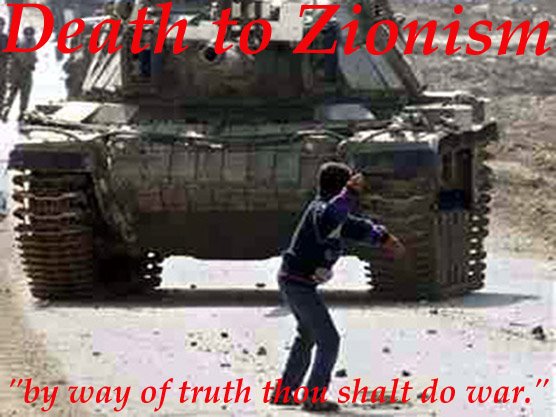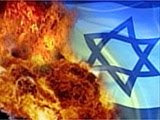Israel’s War Crimes
Israel blamed its earlier wars on the threat to its security, even that against Lebanon in 1982. However, its assault on Gaza was not justified and there are international calls for an investigation. But is there the political will to make Israel account for its war crimes?
By Richard Falk
March 21, 2009 "Le Monde diplomatique" -- -For the first time since the establishment of Israel in 1948 the government is facing serious allegations of war crimes from respected public figures throughout the world. Even the secretary general of the United Nations, Ban Ki-moon, normally so cautious about offending sovereign states – especially those aligned with its most influential member, the United States – has joined the call for an investigation and potential accountability. To grasp the significance of these developments it is necessary to explain what made the 22 days of attacks in Gaza stand shockingly apart from the many prior recourses to force by Israel to uphold its security and strategic interests.In my view, what made the Gaza attacks launched on 27 December different from the main wars fought by Israel over the years was that the weapons and tactics used devastated an essentially defenceless civilian population. The one-sidedness of the encounter was so stark, as signalled by the relative casualties on both sides (more than 100 to 1; 1300-plus Palestinians killed compared with 13 Israelis, and several of these by friendly fire), that most commentators refrained from attaching the label “war”.The Israelis and their friends talk of “retaliation” and “the right of Israel to defend itself”. Critics described the attacks as a “massacre” or relied on the language of war crimes and crimes against humanity. In the past Israeli uses of force were often widely condemned, especially by Arab governments, including charges that the UN Charter was being violated, but there was an implicit acknowledgement that Israel was using force in a war mode. War crimes charges (to the extent they were made) came only from radical governments and the extreme left.The early Israeli wars were fought against Arab neighbours which were quite literally challenging Israel’s right to exist as a sovereign state. The outbreaks of force were of an inter-governmental nature; and even when Israel exhibited its military superiority in the June 1967 six day war, it was treated within the framework of normal world politics, and though it may have been unlawful, it was not criminal.But from the 1982 Lebanon war this started to change. The main target then was the presence of the Palestine Liberation Organisation (PLO) in southern Lebanon. But the war is now mainly remembered for its ending, with the slaughter of hundreds of unarmed Palestinian civilians in the refugee camps of Sabra and Shatila. Although this atrocity was the work of a Lebanese Christian militia, Israeli acquiescence, control and complicity were clearly part of the picture. Still, this was an incident which, though alarming, was not the whole of the military operation, which Israel justified as necessary due to the Lebanese government’s inability to prevent its territory from being used to threaten Israeli security.
Click here: http://informationclearinghouse.info/article22264.htm to read more.
Tuesday, March 24, 2009
Subscribe to:
Post Comments (Atom)








No comments:
Post a Comment